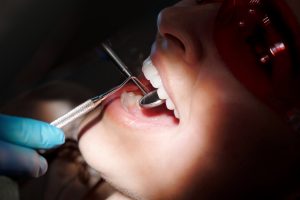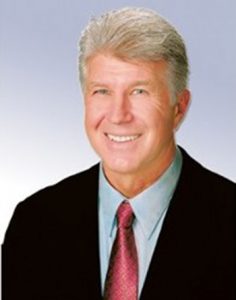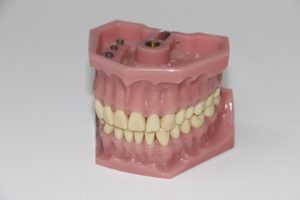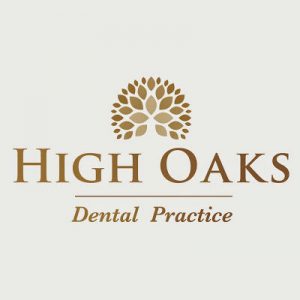Guest Blog: Dental Care Tips for the Elderly
The National Institute of Dental and Craniofacial Research revealed in a survey conducted from 1999 to 2004 that periodontal disease (gum disease) is prevalent among seniors aged 65 and older.
Seniors who are smokers are at a higher risk of developing severe gum problems. The research is proof that proper dental care is vital at any age, but especially during the senior years when oral health is most sensitive.
To prevent periodontal disease and other problems that might require emergency dental care, you or your senior family member should follow certain oral health practices.
Tips for Elderly Dental Care
Brush your teeth and floss regularly
It is recommended that you brush your teeth with fluoride toothpaste two times a day. Be sure to do the brushing for at least two minutes, and be gentle. If you brush too hard, you might hurt your gums.
Flossing at least once a day is also an important dental care practice. Proper use of dental floss will help remove hard-to-reach food particles wedged between the teeth’ spaces.
Take in Calcium is an essential nutrient that contributes to bone and teeth health. A person who does not have enough calcium can develop osteoporosis, leading to teeth loss when the jaw bone is affected. It is vital, therefore, for seniors to include calcium-rich food in their diet.
According to the American Dental Association, seniors need an average calcium intake of 1,000 milligrams per day. You can get significant amounts of this nutrient from dairy products such as milk, yogurt, cheese, and vegetables like kale, spinach, and broccoli.
Besides calcium, it would help if you also had enough vitamin D in your diet as it is essential for the proper absorption of calcium-rich food.
Minimize sugar intake
Stay away from sweets that are rich in starch or starchy ingredients as this will destroy your teeth. If you eat or drink anything sweet, be sure to brush your teeth and floss afterward.
Stop smoking
As mentioned earlier, seniors who smoke are more prone to periodontal disease than non-smokers. Quitting may be challenging, but it’s well worth it because staying away from all forms of tobacco will protect you from gum disease and other dental problems.
Besides following the tips above, it would be best to visit your dentist every six months.
About the Author
Dr. Gary Salwin leads the Glendale Dental Group, Arizona. He and his team treat dental emergencies and perform a whole range of dental services. He has been practicing dentistry for more than 36 years.





